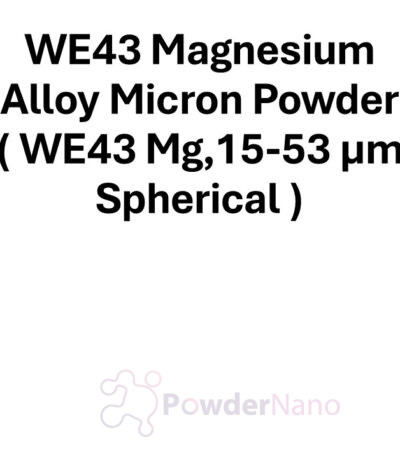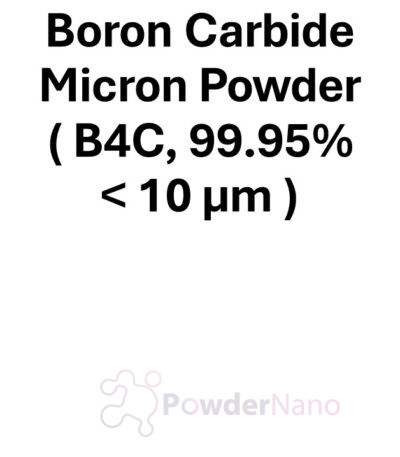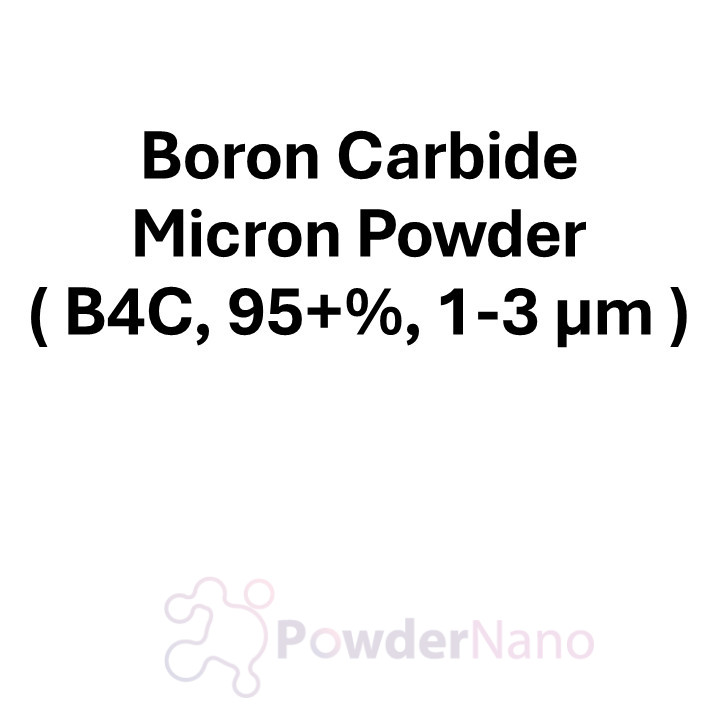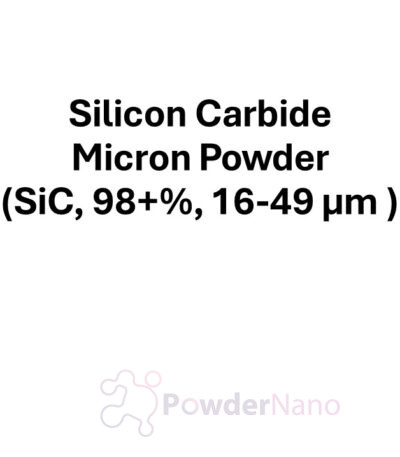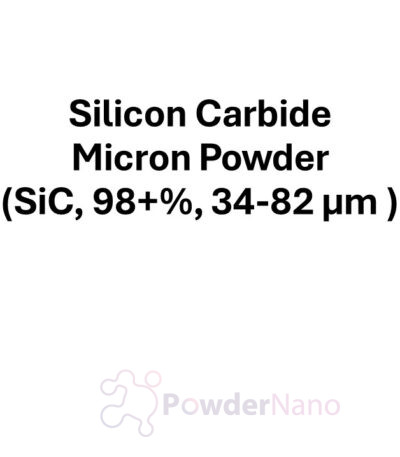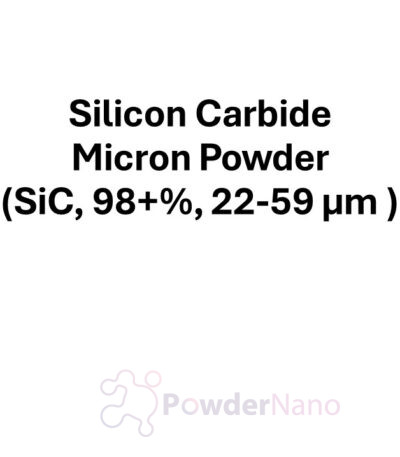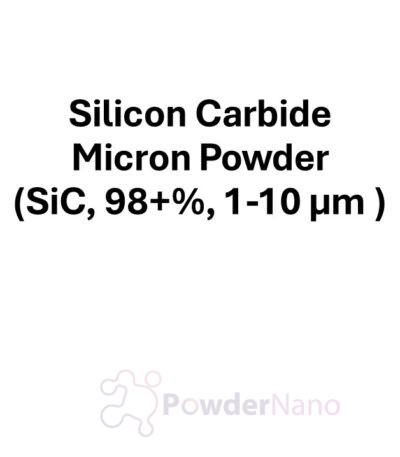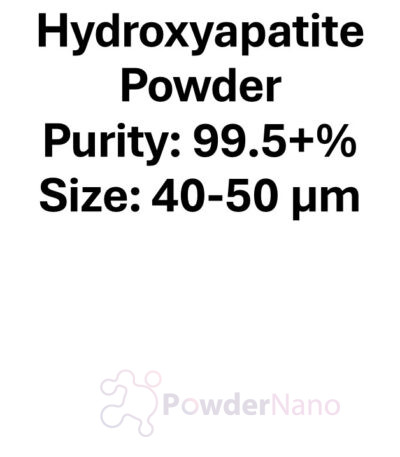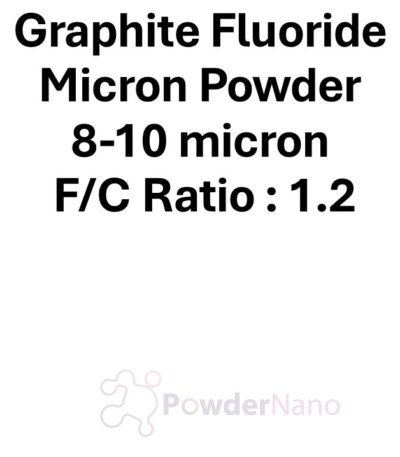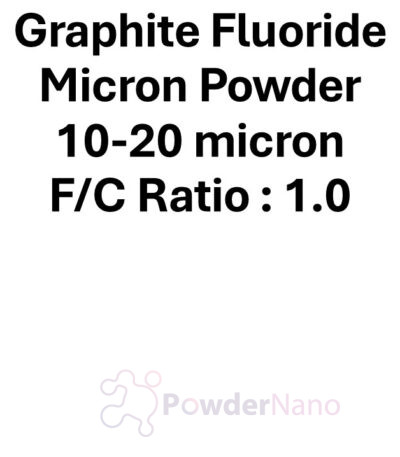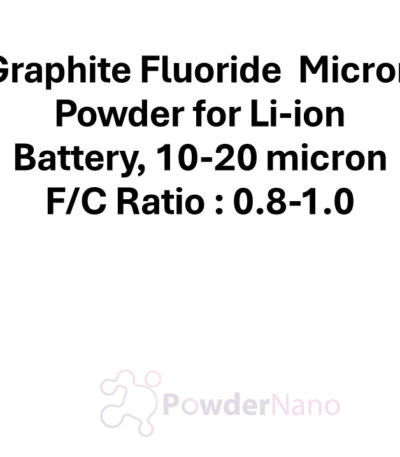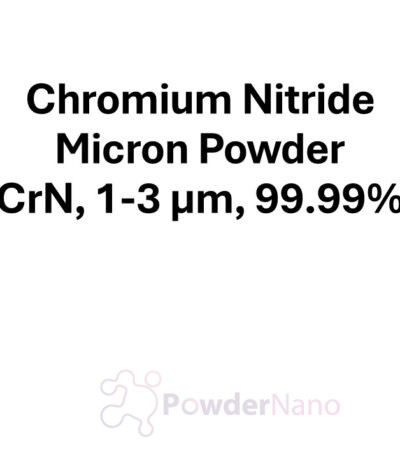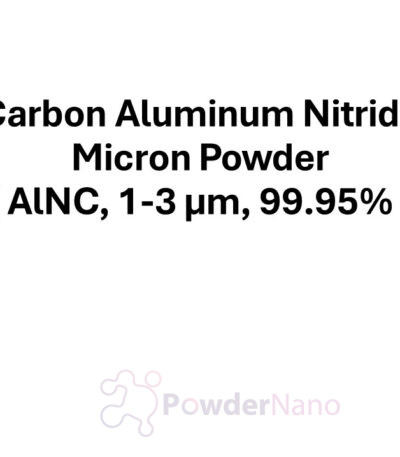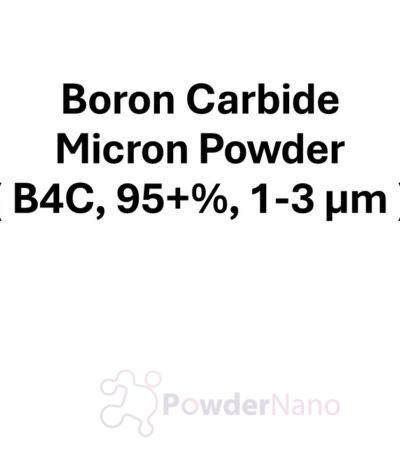Boron Carbide Micron Powder (B4C, 95+%, 1-3 µm)
Technical Specifications:
- Material: Boron Carbide (B₄C)
- Purity: 95+% (high purity)
- Particle Size: 1-3 µm (microns)
- Shape: Typically irregular, but may also include some spherical particles depending on manufacturing processes
- Density: Approximately 2.52 g/cm³
- Melting Point: 2,350°C (4,262°F)
- Boiling Point: Sublimes at approximately 3,000°C (5,432°F)
- Chemical Composition:
- Boron (B): ~80%
- Carbon (C): ~20%
Applications:
- Abrasive Materials:
- Boron carbide is one of the hardest known materials, making it ideal for abrasive applications. It is widely used in abrasive powders for cutting, grinding, and polishing. The micron powder form is used in abrasive tools, such as diamond polishing, lapping compounds, and blasting abrasives for metalworking and material removal in industries like automotive, aerospace, and precision machining.
- Armor and Defense:
- Boron Carbide is highly valued in the armor industry for its exceptional hardness and lightweight properties. It is used in the production of ballistic armor, bulletproof vests, tank armor, and protective shields. The micron powder is often integrated into composite materials to enhance impact resistance and provide high-performance protection against projectiles and explosive devices.
- The material is also used for neutron shielding in nuclear reactors and radiation protection, owing to its ability to absorb neutron radiation.
- Refractory Materials:
- Boron Carbide is used in refractory materials because of its high melting point and thermal stability. It is utilized in the production of high-temperature components such as nozzles, bricks, and casting materials in the metallurgical and ceramic industries.
- The micron powder is incorporated into ceramic composites used in high-temperature processing and furnace linings, as it helps withstand extreme heat without degrading.
- Nuclear Applications:
- Due to its neutron-absorbing properties, Boron Carbide is widely used in nuclear applications for control rods in nuclear reactors. These rods are used to control the fission rate by absorbing neutrons during the nuclear chain reaction. The micron powder form of B4C is blended into nuclear reactor materials for efficient neutron shielding and radiation protection.
- It is also used in radiation shielding for nuclear facilities, medical applications such as radiation therapy, and nuclear waste storage systems.
- Wear-resistant Coatings:
- Boron carbide is used in wear-resistant coatings and hardfacing applications. The powder is used to coat surfaces that are subject to abrasion and erosion, such as mining equipment, cutting tools, and industrial machinery. The 1-3 µm powder is ideal for high-performance coatings that provide long-lasting durability in harsh environments.
- Ceramic Manufacturing:
- Boron Carbide is used in the ceramic industry for the manufacture of high-performance ceramics that require exceptional hardness and wear resistance. It is used in products such as ballistic ceramics, cutting tools, insulation materials, and abrasive wheels. The micron powder form is often used in advanced ceramic processes like sintering to produce strong, tough ceramics.
- Polishing and Lapping:
- Due to its hardness, Boron Carbide is frequently used as a polishing and lapping agent for precise surface finishing of optical lenses, semiconductors, metal surfaces, and gemstones. The 1-3 µm particle size is ideal for fine polishing to achieve smooth, mirror-like finishes required in electronics, precision optics, and high-end jewelry.
- Fuel Cells and Batteries:
- Boron carbide has applications in the energy sector, specifically in the development of fuel cells and batteries. The micron powder can be used to enhance the performance of components such as electrodes and superconductors due to its excellent conductivity and stability under extreme conditions.
- The material also contributes to the development of lightweight batteries for electric vehicles and energy storage systems.
- Research and Development:
- Boron Carbide powder is widely used in research and development for exploring new materials, nanomaterials, and advanced manufacturing techniques. Researchers use B4C micron powder to test its properties in cutting-edge applications such as nanotechnology, quantum computing, and advanced ceramics.
- The micron powder is also used in experimental coatings and high-performance materials testing.
- Electronics and Semiconductors:
- Boron Carbide is used in the electronics industry for the production of semiconductor devices and microsensors due to its electrical properties and hardness. The micron powder is utilized in the manufacture of silicon wafers, mems devices, and optical sensors, contributing to the miniaturization and enhanced performance of electronic components.
Boron Carbide Micron Powder (B4C, 95+%, 1-3 µm) is a high-performance material with excellent hardness, wear resistance, and thermal stability. It is widely used in industries such as abrasives, armor, nuclear shielding, wear-resistant coatings, ceramics, polishing, and energy storage. Its applications span from high-precision surface finishing to cutting-edge energy systems, making it an indispensable material in advanced manufacturing, defense, and research fields. The fine particle size ensures optimal flow and precise layer formation for use in 3D printing, powder metallurgy, and coating technologies.
